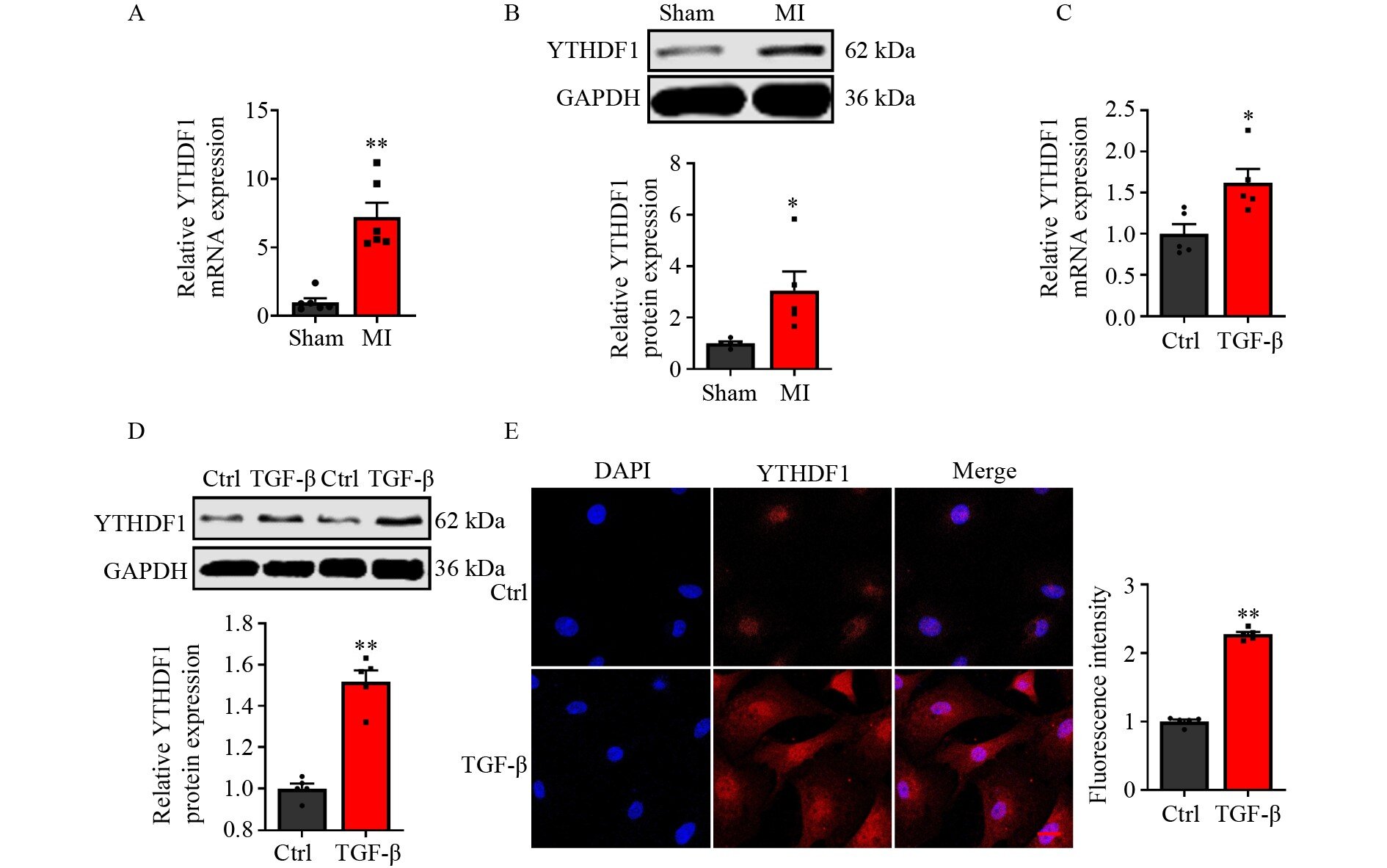
Vutrisiran significantly improved mortality, cardiovascular events and markers of disease progression in patients with transthyretin amyloidosis with cardiomyopathy (ATTR-CM), according to late-breaking research presented in a Hot Line session held today, August 30, at ESC Congress 2024.
“ATTR is a progressive, fatal disease in which misfolded transthyretin protein accumulates as amyloid deposits in various parts of the body, often damaging the heart.
“We investigated whether a novel RNA interference (RNAi) therapeutic, vutrisiran, which targets transthyretin production, could improve clinical outcomes in patients with ATTR-CM and the results were very promising,” explained Principal Investigator, Professor Marianna Fontana from University College London, Royal Free Hospital, London, U.K.
HELIOS-B was a randomized, double-blind trial in patients with ATTR-CM (hereditary or wild-type) who had evidence of cardiac amyloidosis by echocardiography and confirmed ATTR amyloid deposition. Patients were randomized in a 1:1 ratio to vutrisiran 25 mg or placebo administered subcutaneously once every three months for up to 36 months. If the patient was already receiving treatment with the disease stabilizer, tafamidis, this was continued.
The two primary endpoints were a composite of all-cause mortality and recurrent cardiovascular events when the last patient reached month 33, assessed in the overall population and in patients taking vutrisiran monotherapy (i.e., those not taking tafamidis at baseline).
Secondary endpoints (assessed in the overall population and in those on vutrisiran monotherapy) were all-cause mortality up to 42 months, change from baseline to 30 months in functional capacity (6-minute walk test), quality of life (Kansas City Cardiomyopathy Questionnaire Overall Summary) and New York Heart Association (NYHA) class.
In total, 655 patients were recruited from 87 centers in 26 countries. The median age was 76.5 years and 92.5% were male. More than three-quarters (77.6%) had heart failure of NYHA class 2 and 40% were taking tafamidis at baseline.
The trial met the primary endpoints. Vutrisiran significantly reduced the risk of all-cause mortality and recurrent cardiovascular events by 28% in the overall population (hazard ratio [HR] 0.72; 95% confidence interval [CI] 0.56–0.93; p=0.01) and by 33% in the monotherapy population (HR 0.67; 95% CI 0.49–0.93; p=0.016). In a prespecified subgroup analysis, the composite of all-cause mortality and recurrent cardiovascular events was reduced by more than 20% in patients on background tafamidis (HR 0.79; 95% CI 0.51–1.21).
Vutrisiran reduced all-cause mortality over 42 months by 36% in the overall population (HR 0.64; 95% CI 0.46–0.90; p=0.01) and by 35% in the monotherapy population (HR 0.65; 95% CI 0.44–0.97; p=0.045) vs. placebo. Other secondary endpoints related to functional capacity, health status and quality of life were significantly improved with vutrisiran vs. placebo.
The majority of adverse events were mild or moderate with vutrisiran. Adverse events leading to study drug discontinuation were similar in the vutrisiran (3.1%) and placebo (4.0%) groups.
Professor Fontana concluded, “Vutrisiran was highly effective and well tolerated in this contemporary population representative of patients that we see in our clinics, with consistent benefits regardless of background tafamidis therapy.
“Our findings indicate that vutrisiran has the potential to become the new standard of care. This trial is also important as it is the first to show the benefit of gene silencers in any type of cardiomyopathy.”
Citation:
Vutrisiran offers a new lifeline to patients with progressive heart condition (2024, August 30)
retrieved 1 September 2024
from https://medicalxpress.com/news/2024-08-vutrisiran-lifeline-patients-heart-condition.html
This document is subject to copyright. Apart from any fair dealing for the purpose of private study or research, no
part may be reproduced without the written permission. The content is provided for information purposes only.


